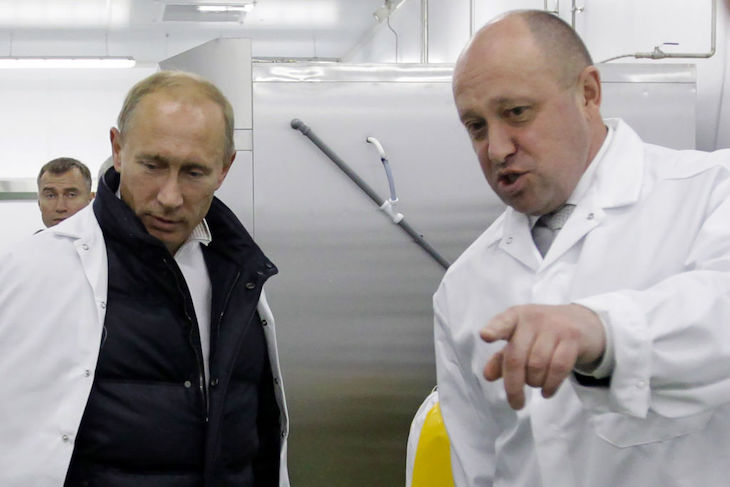As Wagner mercenaries are being deliberately expended by the regular military as cannon-fodder in the battle for Bakhmut, their backer, Evgeny Prigozhin, is learning a hard lesson in Kremlin politics: it doesn’t matter how useful you were yesterday, what matters is how useful you may be tomorrow.
Last year, the Russians were desperately short of soldiers. Ukraine was fully mobilised, but Vladimir Putin was unwilling for political reasons to follow suit, only launching a partial mobilisation in September. His generals simply lacked the soldiers they needed. In politics, as in economics, the laws of supply and demand meant that whoever had soldiers to offer – such as Prigozhin – could command a high price.
Of course, the real currency in Russia is not the ruble, but influence and impunity. Prigozhin took fullest advantage of this, both to try and expand his empire and to indulge some of his notorious vendettas.
Prigozhin, no personal friend or close ally of Putin’s, is disposable
Prigozhin pushed for more leeway in his business dealings in Africa, began attacking Alexander Beglov, governor of St Petersburg (with whom he has been feuding

Get Britain's best politics newsletters
Register to get The Spectator's insight and opinion straight to your inbox. You can then read two free articles each week.
Already a subscriber? Log in







Comments
Join the debate for just £1 a month
Be part of the conversation with other Spectator readers by getting your first three months for £3.
UNLOCK ACCESS Just £1 a monthAlready a subscriber? Log in